share
Since Bitcoin’s advent in the last decade or so, we’ve seen many concepts and solutions in the crypto business and heard so much about their potential to disrupt many industries.
But, since 2016, one innovation has become quite popular among investors, traders, and experts in the crypto market: the Decentralized Autonomous Organization (DAO). It’s become even more popular nowadays because it has utility in anything from charity and crowdfunding to NFT trading and anything Web 3.0.
Naturally, many crypto investors and entrepreneurs may see DAOs as the perfect platform to carry out their missions. But, in reality, starting a DAO is not as easy as it may seem. There are technical and legal aspects you must navigate to make sure that the DAO ecosystem can sustain and grow itself in the future.
We’ve prepared this guide to help you in this exact journey. First, we’re going to lay out a step-by-step plan to start a DAO. Then, you’ll learn more about the benefits of DAO and why it’s better than traditional options. Lastly, we’ll cover some legal ground because it is such a sensitive area in the crypto business, particularly for DAOs.
So, let’s get started.
Gathering a Core Team
No decentralized autonomous organization can function without a solid community, and no community can begin to exist without having a strong foundational team. You need to bring in the right people, but what makes them “right”?
First, they must share a passion for your DAO project, its central mission, and the problems you want to solve. Passion is key if you want people on your team that can stand by the DAO project in the long term without just focusing on the monetary incentives.
Second, they should bring complementary skills and viewpoints to the team. For instance, there should be a Web 3.0 expert on any DAO, but you also need multiple people with expertise in marketing, governance, and operations.
It’d be better to have legal expertise on your team as the laws around DAOs are complicated and constantly changing, particularly in DAOs with native tokens.
Determining the DAO’s Category
Once you identify the members and form the core team, your next step is to determine what type of DAO you want. You may not be able to settle on one category right now because it is still early in the process. But, you need to explore the main areas that fit your DAO project.
We’ve listed some DAO categories to help you with this decision. Keep in mind that a DAO can be a combination of these types.
Protocol
Also known as standard DAO, a protocol DAO is mostly focused on creating a decentralized platform for governance while utilizing smart contracts to offer services and benefits to the community. Uniswap is a notable example of a protocol DAO.
Social
A social DAO is a democratic, open platform for any group in the crypto business to share their ideas regarding the industry and also talk about common interests with other community users. Users often have to purchase NFTs or DAO tokens to gain access. Prosper DAO is one of many social DAOs out there.
Investment
Another popular type of DAO is investment DAO that’s often launched to raise funds for a new project and rewards contributors with the right to vote on proposals. Most projects are focused on blockchain and other plans in the crypto business. Stonks is a well-known example of an investment DAO.
Collector
Collector DAOs help artists and content creators to prove ownership and take a deserved share of profits. They do so by turning their works into NFTs and then selling them on a marketplace to collectors. Superteam DAO is such a platform.
Charity
You could say that charity DAOs are basically investment DAOs, but with a philanthropic focus where the community is dedicated to supporting socially positive projects on a national and global scale. The Big Green DAO is the first DAO developed for charity.
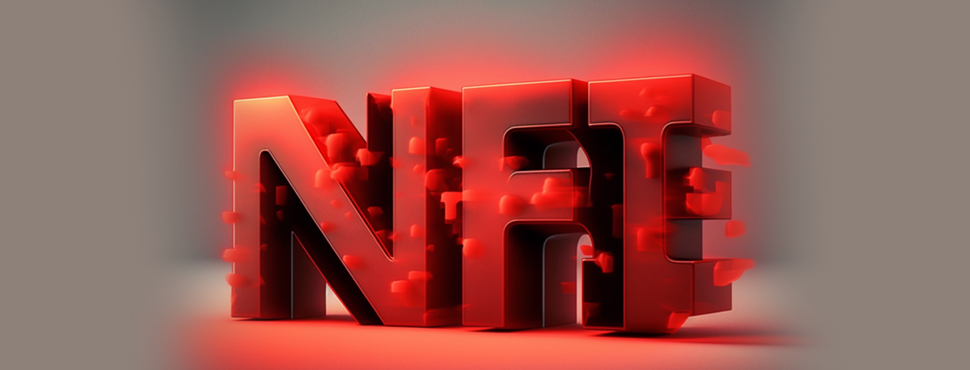
Funding
Regardless of the DAO structure or type, you need financial resources to achieve your goals. Therefore, you must have a DAO treasury with clear strategies to gain capital. There’s no need to reinvent the wheel here; you can just use some well-established methods.
One way is to charge an entry fee from DAO’s participants, a standard practice in many DAOs. You may also set up an infrastructure for minting/trading Non-fungible Tokens (NFTs) and charge transaction fees. DAOs could also offer fee discounts to those using a DAO token for their transactions.
Another way is creating liquidity pools and rewarding DAO’s participants for contributing to the pool with their tokens. You can also create DAO governance tokens and encourage users to purchase governance tokens and get voting rights to impact the DAO community governance. The voting power can change based on the number of tokens in a member’s wallet.
DAO Token Allocation
Raising funds is not the only step to funding your DAO project. You also need to decide how you’ll use that capital. This is where you’ll need a token allocation structure to determine where you’ll spend the tokens.
There are two benefits to this:
- First, the entire process runs smoothly, bringing the results faster and increasing community support from those who see the tangible outcome of their contribution.
- Second, it’ll boost transparency, which is a core pillar of all DAOs.
You need a clear idea of the supply volume, distribution, and utility of the DAO token to achieve growth faster while also adding value for community token holders. In the beginning, you must allocate a share of DAO tokens to a reward pool for early adopters that want incentives in exchange for supporting the DAO.
The DAO Treasury
Once you acquire the funds and decide on distribution, it’s time to think about a treasury to hold the DAO token.
As you already know, a treasury is the heart of any DAO project that injects you with the resources you need to fund your operations. Therefore, security is paramount to any kind of DAO treasury.
Many DAOs choose a multi-signature wallet to hold their tokens because it doesn’t give any single member complete control over the finances. As the name suggests, multiple users have to approve a transaction before it can take place on a multi-signature wallet that can simultaneously house several different tokens.
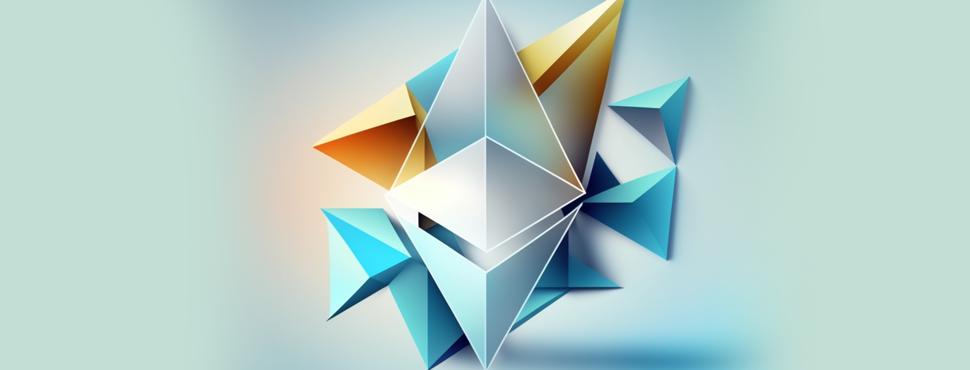
Establishing & Encoding the Rules
There are various ways to set rules. You could create a custom smart contract or use package DAO tools.
You need expert DAO developers to set up the platform faster on a blockchain like Ethereum. They know how to use the right tools that allow them to develop DAO tokens and crypto wallets to hold them.
You can encode different rules and principles about DAO governance, voting rights, and token distribution here. Similar to a physical governance entity, DAOs can have executive, judicial, and legislative branches that give you the DAO tools to manage the platform.
You can also develop a custom DAO by running unique code, which naturally takes more time and money, and may be rather complicated. You won’t have to start from zero because there are many open-source DAO architectures available for customization.
It’s vital to choose the protocols with the help of your community because you can’t undo many changes in a smart contract.

Identifying the Tools
Developers can use many tools to create a DAO platform based on their specific needs and goals. While there’s a wide range of options on the market, we can put most tools into three main utility categories:
Treasury Management Tools
Out of all the DAO treasury tools available, Ethereum-based wallets are usually more popular among DAOs as they easily integrate the DAO token with ETU and require approval from multiple users before initiating a transfer.
This “multi-sig” process establishes trust and security among participants because signer accounts are trusted, known community members. In addition, you can add or remove any signer account at any time. Therefore, such DAO treasury tools significantly improve DAO security and gather support from other members to expand the platform even faster.
Voting Tools
Similarly, there are many package DAO voting tools based on different chains, particularly Ethereum. The main purpose of such tools is to establish a DAO structure and mechanism for governance, voting, and conflict resolution for times when people disagree on certain proposals.
Fundraising Tools
Many fundraising tools are based on Ethereum and operate similarly to conventional fundraising solutions, but they run on smart contracts to acquire funds and offer rewards. For instance, some fundraising tools can convert content into NFTs and then sell or award them to other users.

Why Start a Decentralized Autonomous Organization (DAO)?
Now, you’ve read all the steps to starting a DAO. But, you may wonder why someone should start a DAO in the first place. Is there a benefit? Yes. In fact, there are four big advantages to creating DAOs.
Collective Ownership
Central authority or ownership has always been a source of conflict in any business, including crypto companies. Perhaps the primary purpose of DAOs is to create a space where every member has a voice in the platform’s plans and future without being ignored by the CEOs and executives at the top.
That’s why DAOs are perfect for small groups of like-minded people who vote on the platform’s future and receive rewards for their contributions. On the other hand, the core team is free to make crucial decisions and wonder about possible responses.
Transparency
We touched on how DAOs improve transparency by covering human errors and unauthorized activities that are quite common on centralized platforms.
In addition, DAO balance sheets are available on public chains, showing everyone how the funds are acquired and spent. Therefore, a DAO is much safer for raising and distributing funds than other conventional options.
Global Reach
Most conventional platforms are limited to a certain region or city, keeping themselves out of reach from many users. But, a DAO is beyond all geographical borders because members all around the world can access these decentralized autonomous organizations and use such opportunities to form a community, earn rewards, and connect to others globally.
Versatility
Another advantage is that there are many different types of DAO (investment, entertainment, charity, social). So, you have a lot of freedom in accomplishing your mission while also benefiting from transparency and global community support.
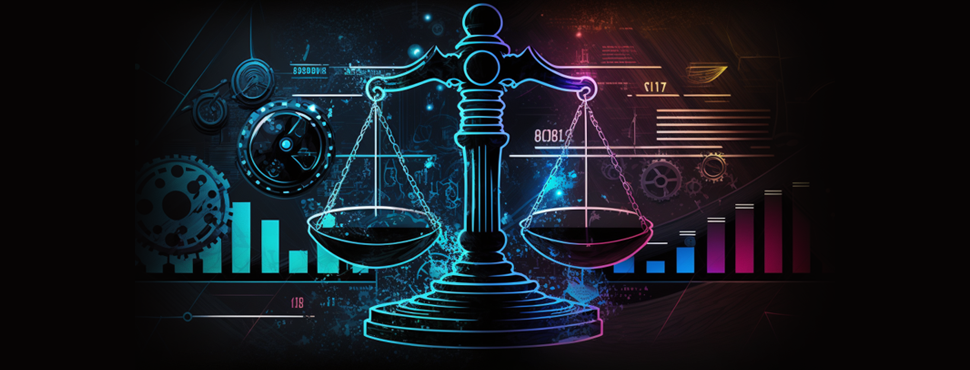
Legal & Regulatory Compliance
Any DAO is likely to encounter legal challenges as the regulations in this space are constantly changing. Therefore, before starting a DAO, you need to consider several aspects so nothing can stop your company from growing.
DAO Naming
You need to carefully review the state laws to find a legal name for your own DAO. This can be a bit confusing as manipulating labels and names is common in the bureaucratic space. Sometimes authorities change the naming convention just to say that they’ve created a solid framework for establishing DAOs.
Depending on state laws, you may have to use a Decentralized Organization (DO) or Limited Liability Autonomous Organization (LAO) instead of DAO.
Licensing
Any organization needs licenses to continue working, and DAOs are no exception because a lack of licenses puts members at risk of a lawsuit. Here are some common DAO operations that may need licenses:
- Intellectual property
- Sending or receiving money
- Crypto exchange
- Operating digital wallets
- Issuing checks or other payment arrangements
Member Liability
Like other businesses, DAOs can go into debt, which sometimes makes members suffer for the wrong decisions and errors of the company. This can happen in the case of LLC DAOs, where members are also responsible for any debt.
If there’s no cap on member liability, creditors can come and seize member assets to settle DAO debts. Members can also suffer when a DAO is not linked to an LLC. But, in addition to debt or insolvencies, DAO members are liable for any taxes as well.
The biggest problem with a lack of liability cap is that DAO members won’t be eager to participate in risky moves because any failure can put their assets in danger. That may threaten the progress of any DAO as it relies on member participation for growth.
DAO Taxes
Depending on the type, a DAO may have to pay taxes when it makes profits and shares them among members.
But, applying tax laws to such decentralized autonomous organizations can be hard because there’s no specific owner eligible for filing tax returns. Also, due to its international reach, it’s not clear if the DAO counts as a domestic or a foreign organization.
The rules around LLC DAOs are more clear because they are registered in specific states. In most cases, members may be subject to paying income taxes. Some states impose capital gains taxes on token holders members who have made a profit from selling them. The amount is based on the final sale price and the purchase price plus gas fees.
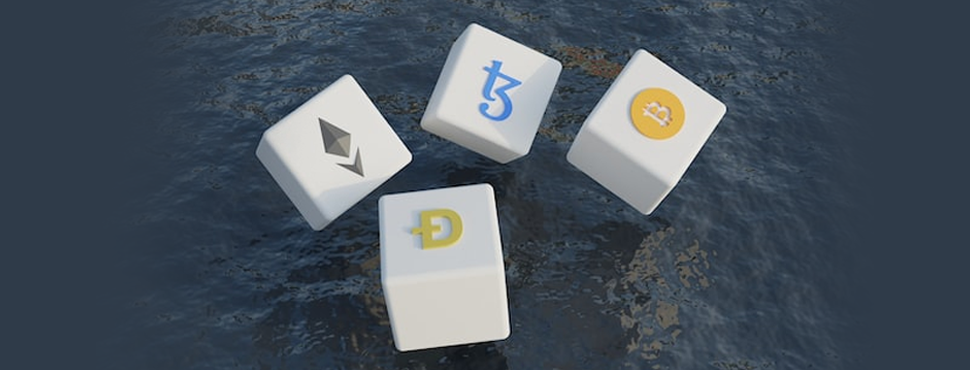
Bottom Line
You May Also Like:
This article has hopefully shown you two things: first, you get many benefits when you start a DAO, and the utilities will only keep growing in the long term. At the same time, building DAOs is not an easy task as you need to watch for crypto market volatility, manage your token supply, and gather the support of your community.
But, if you can manage to hit all the notes right, the rewards are enormous, as a DAO does not require constant supervision like a centralized business. So, to start a DAO, you definitely need a reliable team with extensive DAO experience to handle the project.
Ideally, you want a team with technical expertise that’s also on top of the latest regulatory changes in the crypto business. Luckily, we at ICODA have the experts to handle anything from smart contract development to PR services. Plus, we offer lots of resources on DAO management, and our people are a phone call away, ready to help you!



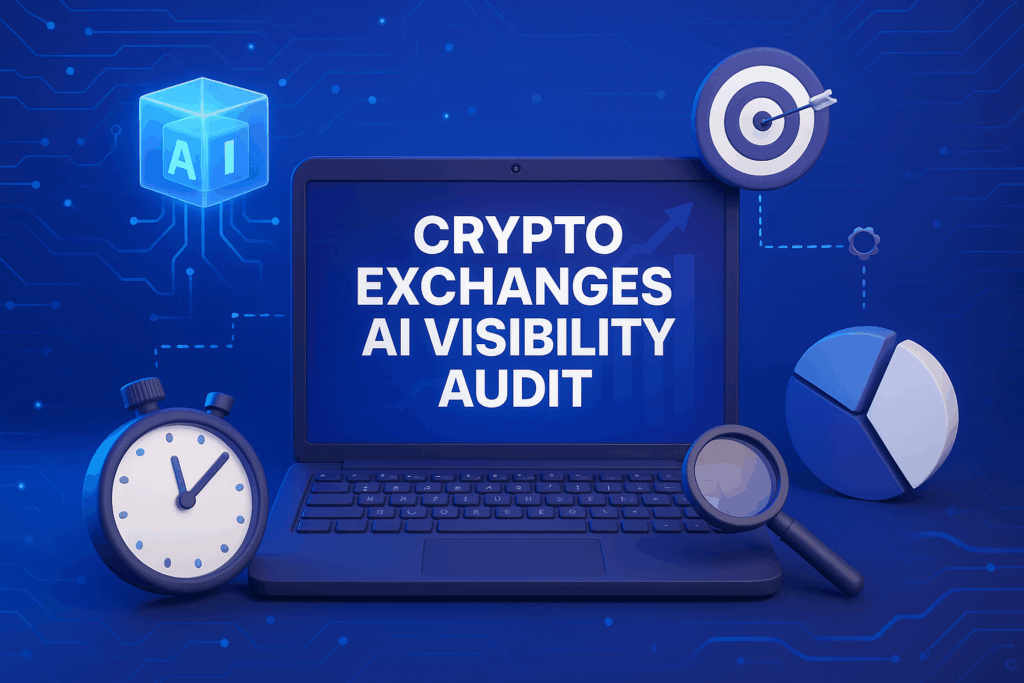

![CONF3RENCE 2025: Leading Web3 & AI Event [Promo Code ICODA20]](https://icoda.io/wp-content/uploads/2025/06/6203-23-1024x580.png)



